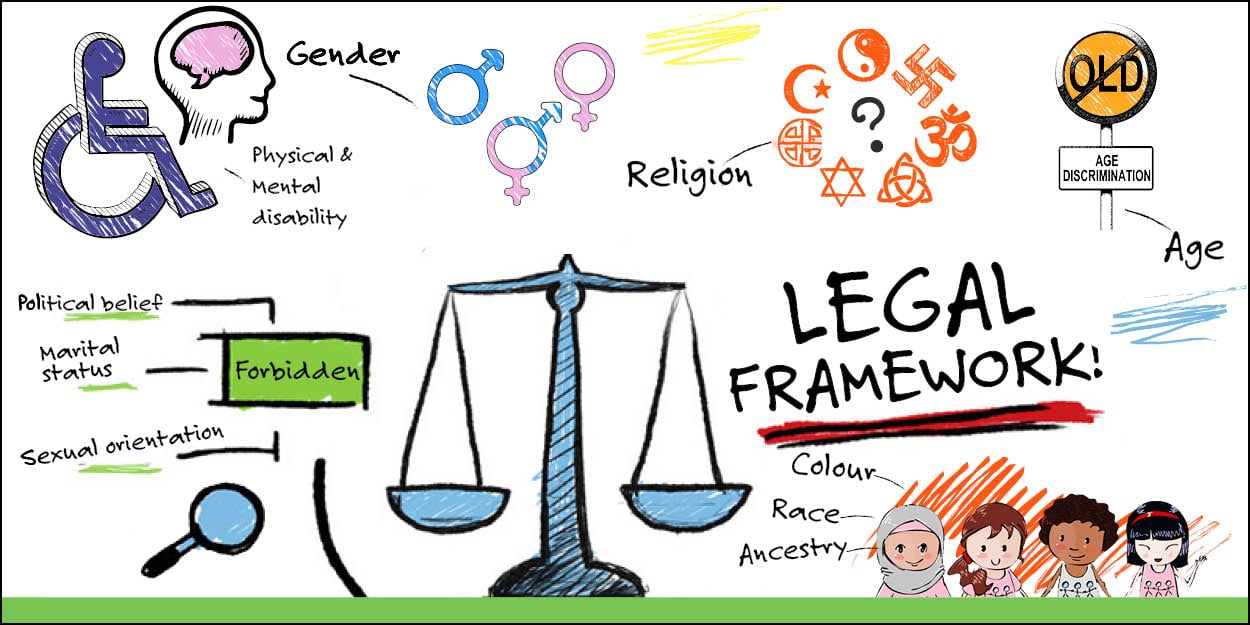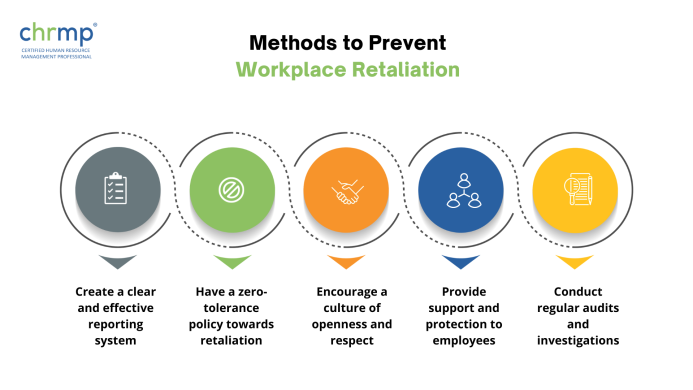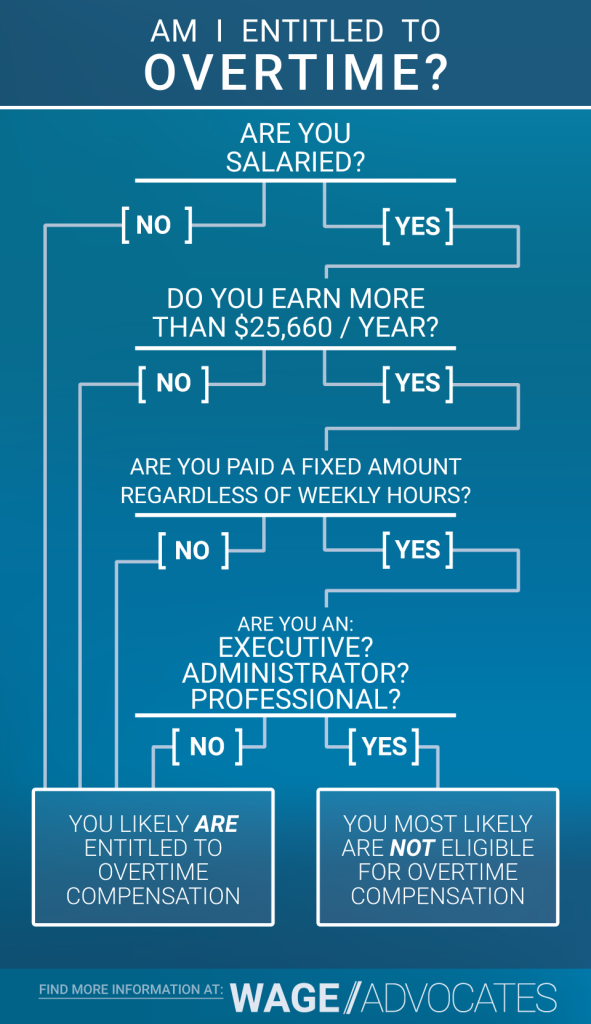
Legal Interview Blunders: Questions You Should Never Ask (And Why!)
Landing a legal job can feel like navigating a complex maze. From crafting the perfect resume to acing the interview, every step is crucial. While much attention is paid to how you answer questions, what you ask at the end of an interview is equally, if not more, important. Your questions reveal your preparation, your interest, and your understanding of professional boundaries.
For aspiring legal professionals – whether you’re a law student, a recent graduate, or someone transitioning into the field – knowing what not to ask can save you from inadvertently sinking your own ship. In this comprehensive guide, we’ll break down the types of legal interview questions to avoid, explain why they’re problematic, and help you project the polished, professional image employers are looking for.
Why Your Questions Matter (More Than You Think!)
Think of the "Do you have any questions for us?" segment not as an optional add-on, but as a critical part of your evaluation. It’s your final opportunity to:
- Showcase your genuine interest: Thoughtful questions demonstrate you’ve done your homework and are engaged.
- Gauge the firm/company culture: Your questions can help you decide if this is the right fit for you.
- Demonstrate critical thinking: Well-formulated questions show you can analyze information and ask intelligent follow-ups.
- Leave a lasting positive impression: A strong closing can outweigh minor stumbles earlier in the interview.
Conversely, asking the wrong questions can instantly signal a lack of preparation, poor judgment, or even an entitled attitude. Let’s dive into the types of questions that can send your chances plummeting.
Category 1: Questions Revealing a Glaring Lack of Research
In the digital age, there’s no excuse for not doing your homework. Asking questions that could be easily answered with a quick search of the firm’s website or their LinkedIn page is a major red flag.
Questions to Avoid:
- "So, what kind of law does your firm actually practice?"
- "How big is your firm/company?"
- "What are your main services/products?"
- "Where is your office located?" (If you’re interviewing in person, you clearly know this!)
- "Who is [Senior Partner’s Name]?" (If they’re a prominent figure in the firm).
Why They’re Problematic:
- Signals Laziness: It tells the interviewer you couldn’t be bothered to spend 15 minutes on their website.
- Shows Lack of Interest: If you’re not interested enough to do basic research, why should they be interested in you?
- Wastes Time: The interview time is valuable. Don’t waste it on information you should already know.
What to Do Instead:
Before your interview, thoroughly research the firm/company, their practice areas, recent cases or projects, their mission statement, and even the interviewer’s background. Use your research to formulate specific questions.
Category 2: Questions Focused Solely on Your Benefit (The "What’s In It For Me?" Syndrome)
While salary, benefits, and work-life balance are important considerations, bringing them up too early or making them the sole focus of your questions can make you seem self-centered and less interested in the actual work or contribution.
Questions to Avoid:
- "How much vacation time do I get?"
- "What are the health insurance benefits like?"
- "Can I work from home often?" (Especially in the first interview).
- "How quickly can I get promoted?"
- "What are the perks of working here?"
Why They’re Problematic:
- Appears Entitled: It suggests you’re already thinking about what you can take from the job, rather than what you can contribute.
- Misplaced Priorities: Your focus should be on learning about the role, the team, and how you can excel. Compensation and benefits are typically discussed in later stages or by HR.
- Lack of Commitment: It implies you might be more interested in the "extras" than in the challenging work involved in a legal career.
What to Do Instead:
Focus your questions on the role itself, the team, the firm’s goals, and opportunities for professional growth. If compensation and benefits aren’t brought up by the interviewer by the second or third interview, it’s appropriate to ask HR or a recruiter about the typical hiring process and when these details are usually discussed.
Category 3: Personal or Inappropriate Questions
An interview is a professional interaction. Crossing boundaries with personal questions can make the interviewer uncomfortable and reflect poorly on your judgment.
Questions to Avoid:
- "Are you married/Do you have kids?"
- "How old are you?"
- "What’s your political affiliation?"
- "Do you socialize with co-workers outside of work?" (Unless framed very professionally about team building).
- "Why did the last person in this role leave?" (This can come across as gossipy or negative).
Why They’re Problematic:
- Unprofessionalism: It’s simply not appropriate for a job interview.
- Legal Implications: Interviewers are often trained to avoid discussing personal topics, and your questions could put them in an awkward position or even raise legal concerns (e.g., about discrimination).
- Shows Poor Judgment: If you ask personal questions in an interview, they might wonder what else you’d consider appropriate in the workplace.
What to Do Instead:
Keep your questions strictly professional and work-related. If you’re interested in team dynamics, ask about collaborative projects or mentorship opportunities.
Category 4: Questions That Imply Negative Attitudes or Doubt
Your questions should reflect enthusiasm and a proactive mindset, not cynicism or an assumption of problems.
Questions to Avoid:
- "What’s the worst part about working here?"
- "Why do people usually leave this firm?"
- "Is the workload really as bad as I’ve heard?"
- "Do you have a lot of difficult clients?"
- "How do you deal with unhappy employees?"
Why They’re Problematic:
- Puts Interviewer on the Defensive: These questions force the interviewer to focus on negatives, which isn’t the impression you want to leave.
- Projects Negativity: You’re signaling that you’re looking for problems, rather than solutions or opportunities.
- Shows Lack of Resilience: Legal work is challenging. Asking about the "worst parts" suggests you might not be prepared for the realities.
What to Do Instead:
Frame your questions positively and constructively. Instead of "What’s the worst part?", ask:
- "What are the biggest challenges facing your team/firm in the next year, and how do you plan to address them?"
- "What qualities do you find are most critical for success and longevity in this role/at this firm?"
- "How does the firm support its employees in managing demanding workloads?"
Category 5: Questions That Are Too General, Vague, or Easily Answered
While it’s good to ask something, asking questions that are so broad they don’t show specific thought, or questions that were just answered, are unhelpful.
Questions to Avoid:
- "So, tell me more about the job." (After they’ve just spent 30 minutes explaining it).
- "What’s it like to work here?" (Too vague; prompts a generic answer).
- "Do you have any questions for me?" (This is their line, not yours!)
- "Anything else you want to tell me?"
Why They’re Problematic:
- Shows You Weren’t Listening: If you ask something they just covered, it tells them you weren’t paying attention.
- Lack of Specificity: It doesn’t show you’ve thought deeply about the role or firm.
- Missed Opportunity: You’re wasting your chance to ask something insightful.
What to Do Instead:
Listen actively throughout the interview. If a topic comes up that interests you, ask a specific follow-up question related to it. For example, if they mention a big new case, you could ask: "You mentioned the [X] case; what role would a junior associate typically play in a matter of that scale?"
What To Ask Instead: Smart Questions That Impress
Now that you know what to avoid, here are some categories of questions that will make a positive impression:
-
Questions about the Role & Responsibilities:
- "Could you describe a typical day for someone in this position?"
- "What are the immediate priorities for someone starting in this role?"
- "How is success measured in this position?"
-
Questions about the Team & Culture:
- "How would you describe the firm’s culture?"
- "What kind of training or mentorship opportunities are available for junior legal professionals?"
- "How does the team collaborate on projects?"
-
Questions about Growth & Development:
- "What opportunities are there for professional development and continued learning?"
- "What’s the typical career path for someone starting in this role?"
-
Questions about the Firm/Company’s Future:
- "What are some of the firm’s biggest goals or challenges for the upcoming year?"
- "How does the firm stay competitive in the current legal landscape?"
-
Questions for the Interviewer (Personalized):
- "What do you enjoy most about working here?"
- "What has been your most challenging, yet rewarding, experience at the firm?"
- "Looking back, what’s one piece of advice you’d give to someone starting their career here?"
Final Tips for Legal Interview Success:
- Prepare 3-5 Questions: Always have a few questions ready, even if some get answered during the conversation.
- Take Notes: Bring a notepad and pen. Jot down key points during the interview, and refer to your pre-prepared questions.
- Listen Actively: Your questions should flow naturally from the conversation, showing you’ve been engaged.
- Be Enthusiastic: Show genuine interest in the role and the firm.
- Send a Thank-You Note: Always follow up with a personalized thank-you email within 24 hours, reiterating your interest and referencing something specific from your conversation.
By carefully considering the types of questions you ask, and focusing on insightful, professional inquiries, you’ll significantly enhance your chances of making a stellar impression and landing that dream legal job. Good luck!




Post Comment